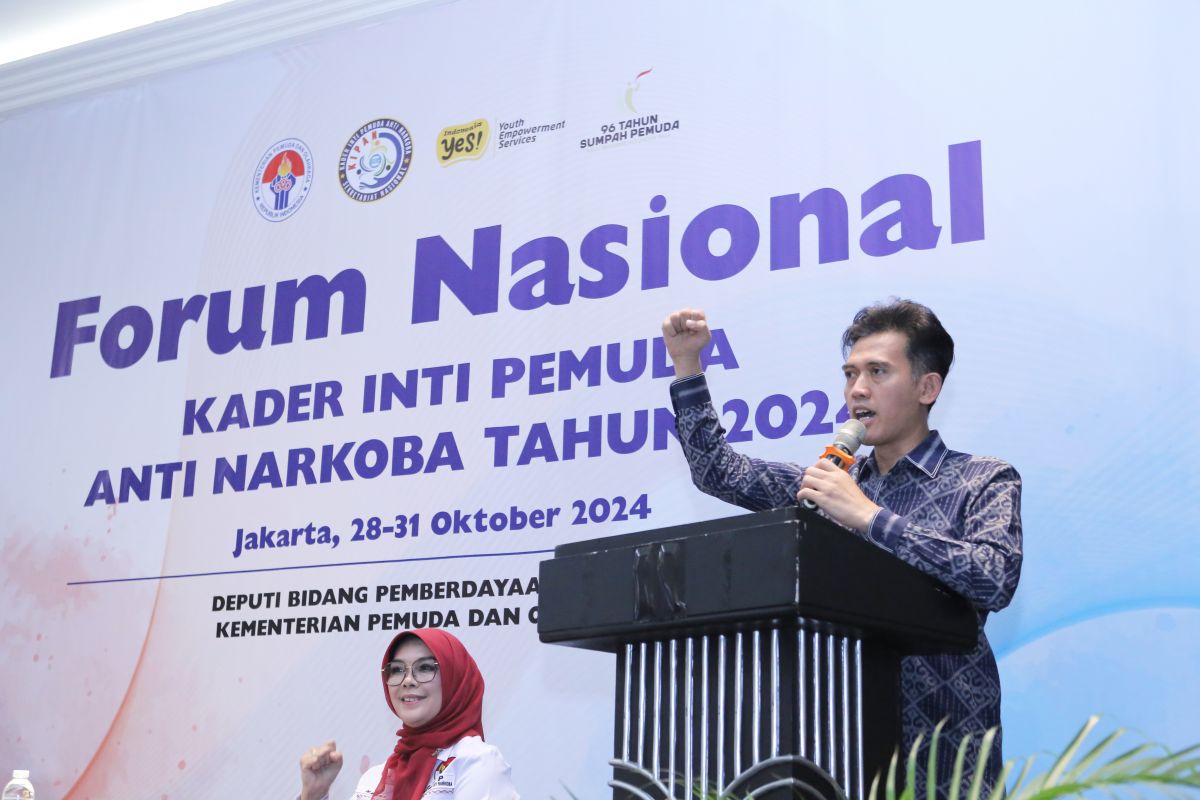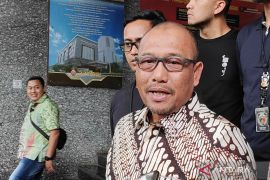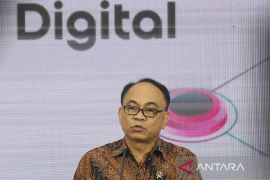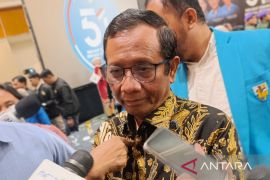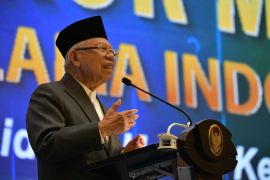Jakarta (ANTARA) - The Youth and Sports Ministry proposed an alternative approach for vulnerable teenagers exposed to online gambling, recommending rehabilitation and empowerment instead of undergoing criminal justice.
"They are victims of a system that is not protecting them enough. Hence, the main strategy to address them should be through rehabilitation instead of punitive approaches," the ministry's deputy for youth empowerment, Asrorun Ni'am Sholeh, noted in his statement on Monday.
Some 960 thousand out of 8.8 million Indonesians affected by online gambling are school and university students, according to government data by November 19, 2024.
Sholeh affirmed that most victims fell to online gambling due to a lack of understanding and digital literacy, as well as limited job opportunities.
Baca juga: Ministry ready to supply fishery products for free meals program
"Some of them might start online gambling just for fun," he pointed out.
He highlighted a case from West Sumatra, where Fajri, aged 23, was drawn to online gambling due to unemployment. By developing an online gambling site, he received up to Rp200 million in monthly income, the official stated.
Reflecting on the case, Sholeh reiterated the ministry's determination to rescue the younger generation from false hopes offered by online gambling by promoting youth empowerment.
The official remarked that the ministry strives to bolster digital creativity and potential through the ministry's "digipreneur" program to promote digital entrepreneurship and weekly digital classes at the ministry office in Jakarta.
"We encourage them to be content creators, YouTubers, or other digital-related professions. From merely idling, they can now relax on the beach while the money comes to them," Sholeh stated.
The ministry will further provide capital access for digital entrepreneurs and organize digital creativity competitions.
"Minister Dito Ariotedjo has also initiated a youth mental health program to address youth issues, such as gambling, relationship break-ups, or inability to pay college fees, which may provoke them to commit destructive actions," he stated.
Through the youth empowerment programs, the ministry expects the digital-conscience future generations to be more prudent in exploiting technological advancement potentials for the common good.


